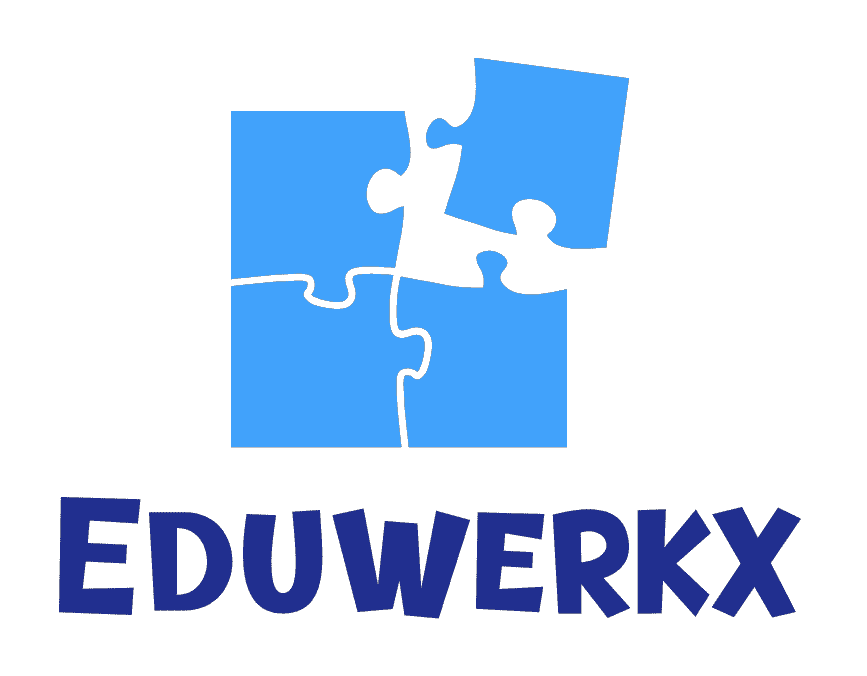At Eduwerkx, we frequently discuss cognitive development, but we have never really explored what this development looks like. Today, we will be diving into the stages of brain development through the lens of the nine stages of the ego development theory, a framework established by Jane Loevinger and further expanded by Susanne Cook-Greuter. By examining these stages, we can gain deeper insight into how our brains develop and adapt over time.
Please note that we will only be sharing a portion of each development stage. For the complete details, feel free to check out the research directly.
What is Ego Development Theory?
Ego development theory explores how human consciousness, identity and our relationship to the world evolve as we mature. The framework outlines 9 stages of ego development, showing the potential progression of human development from infancy to adulthood and, in some cases, into higher stages of wisdom. This research maps our psychological evolution from simpler, more selfish ways of seeing the world to increasingly complex and connected ways of understanding the world.
How is Ego Development Theory Related to Cognitive Development?
Cognitive development focuses on how the brain matures over time, shaping our ability to think, learn and process information. However, ego development theory goes a step further by examining not just cognitive growth but also psychological evolution, offering a more comprehensive view of human development. It describes how a person’s behavior and perception of the world evolves with their cognitive development.
It explains how the mind’s perception of reality is deeply shaped by your identity—who you believe yourself to be—which is in turn influenced by your self-awareness, beliefs, values and goals. As your cognitive abilities grow, so does your capacity to understand both yourself and the world, thereby enhancing the way you perceive and react to different experiences. This explains why individuals at different stages of ego development can perceive the same situation in entirely different ways.
The mind naturally filters information, prioritizing what aligns with our existing beliefs and objectives while disregarding what doesn’t fit, ultimately shaping our behaviors. The first three stages of ego development fall within the pre-conventional category, which is focused on self-interest. At this stage, individuals make moral decisions based on the immediate outcomes of their actions, rather than following social rules or ethical principles. They are highly dependent on others to meet their needs, with the mindset that others only exist to fulfill their needs.
As a result, they tend to avoid taking proactive steps to improve their situation, remaining passive and dependent on external sources for satisfaction and well-being. We’ll begin directly with the second stage, as the first stage of development applies to babies.
Stage 2: Impulsive – Self-Protective Ego
In this stage, the brain’s limbic system, particularly the amygdala, develops first before the prefrontal cortex. The amygdala, our brain’s emotional alarm system, is relatively well-developed early in life. It rapidly processes potential threats and triggers emotional responses like fear, anger and excitement. Without a developed prefrontal cortex to act as a “braking system” to regulate their impulses, their emotional alarm activates quickly and powerfully when they feel vulnerable or threatened. At this stage of development, children primarily operate on instinct, being reactive to situations instead of using rational thought to consider long-term consequences.
When things go wrong, they tend to blow up, deflect blame and avoid taking responsibility for their actions. The truth is, all children go through this stage as part of their natural development, and it is simply a transitional phase leading to a higher level of growth. Eager to explore the next stage of development that children go through? Like and follow for more!
